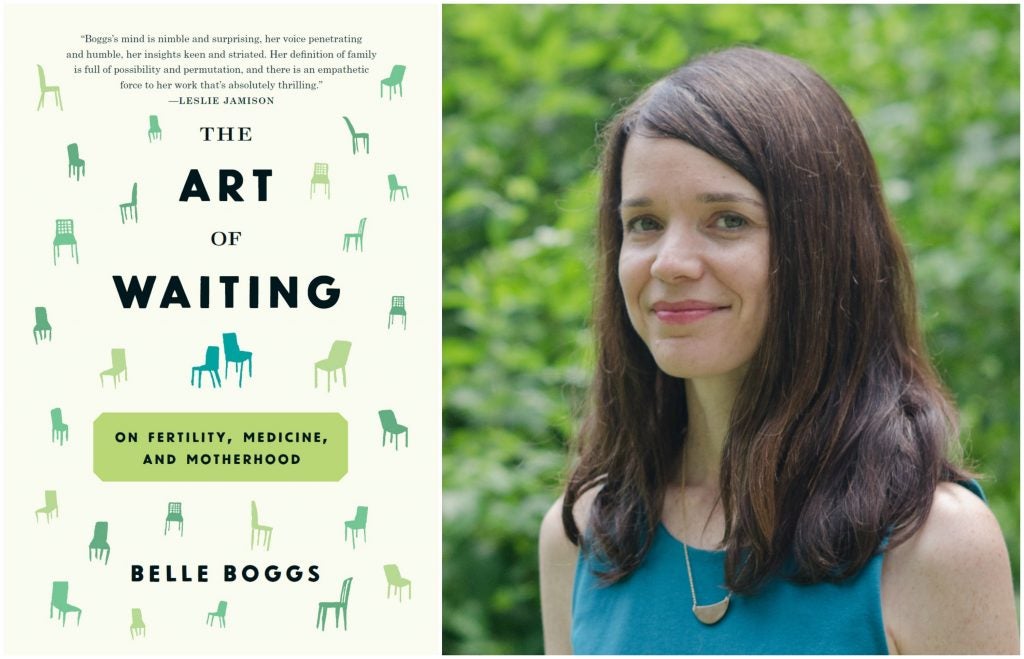On “The Art of Waiting”: An Interview with Belle Boggs
“Some people take issue with calling infertility a disease, but I think that’s the only way we can advocate for better awareness and insurance coverage, so that people have choices. And my point was not to say that one path is better than another, but to portray the experience of exclusion and isolation, and the obstacles faced by so many people, with empathy.”
On “The Art of Waiting”: An Interview with Belle Boggs Read More »
“Some people take issue with calling infertility a disease, but I think that’s the only way we can advocate for better awareness and insurance coverage, so that people have choices. And my point was not to say that one path is better than another, but to portray the experience of exclusion and isolation, and the obstacles faced by so many people, with empathy.”






